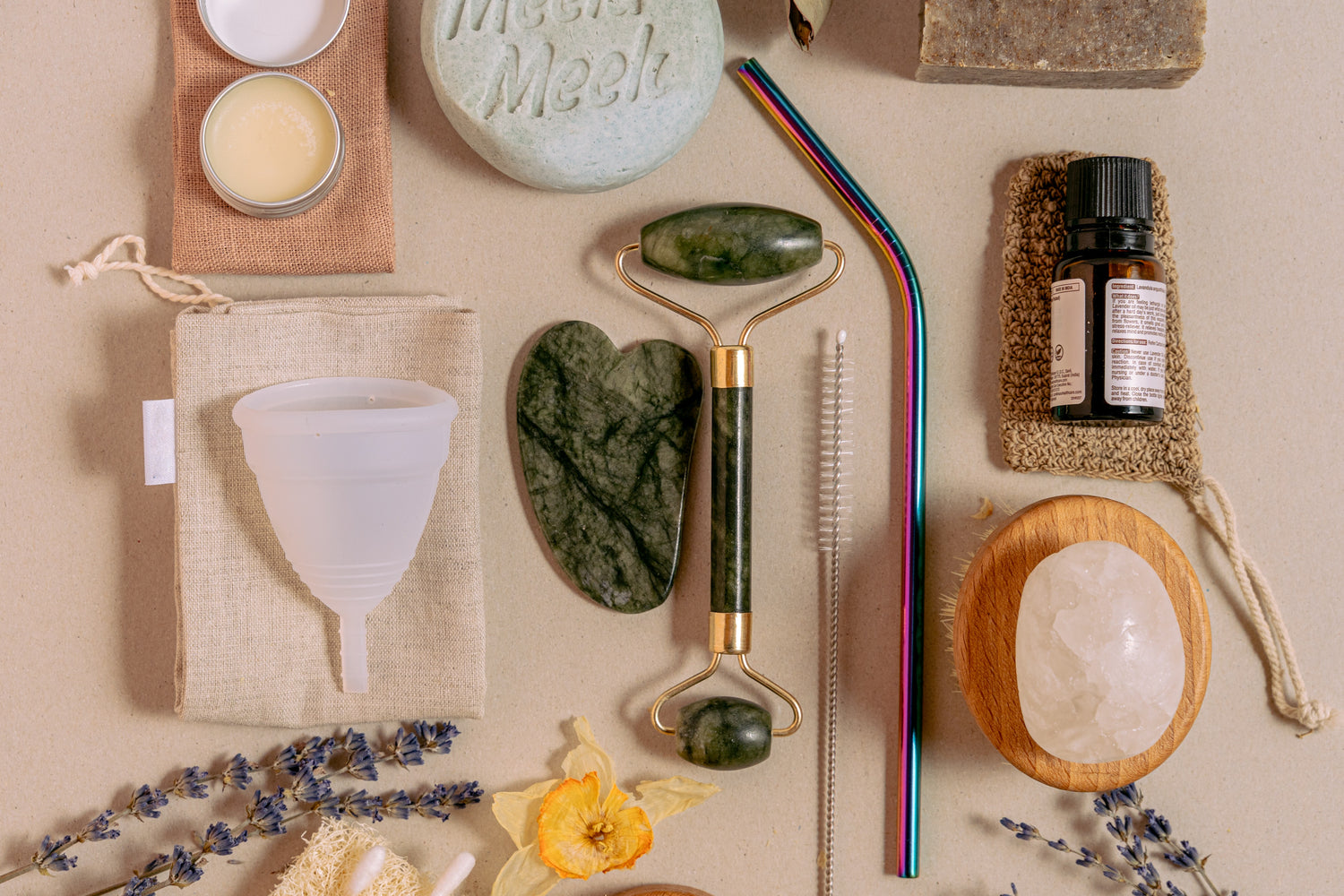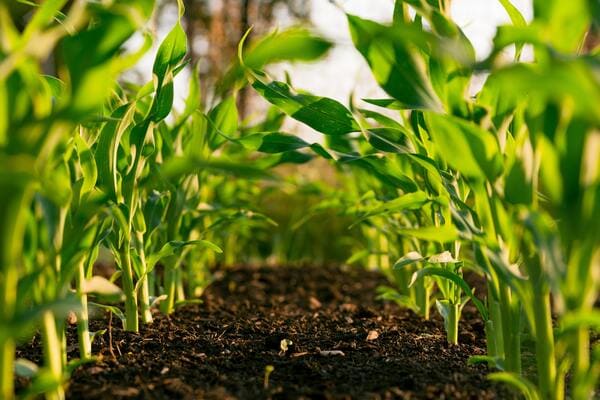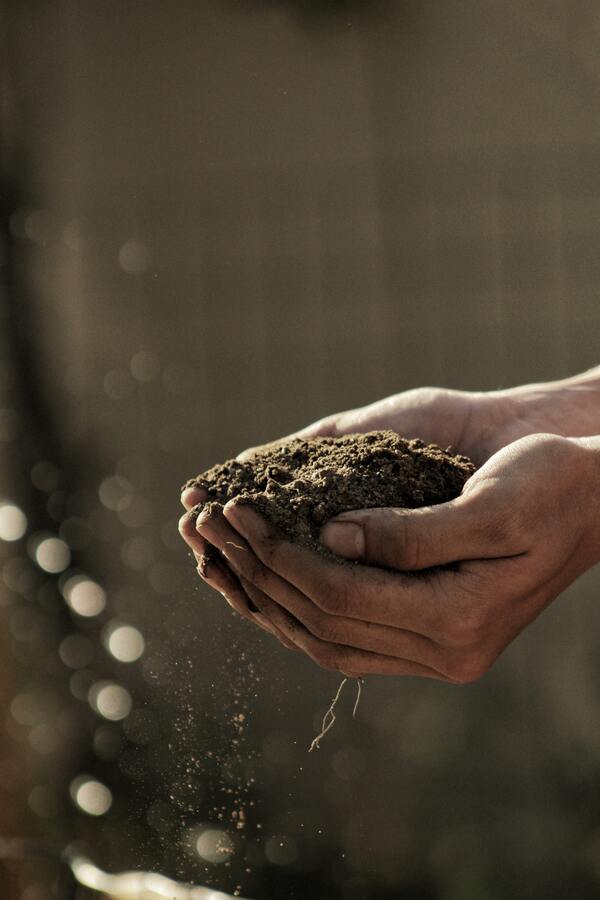How does plastic enter your home?
In India, 43% of manufactured plastics are used for packaging purposes. Most of the plastic in that category is single-use in nature. Sustainable products are not only those products that are natural but also the ones that avoid the usage of plastic. It’s a great habit to carry a cloth bag while shopping for daily essentials. However, what about the plastic packaging of every single product you put into that cloth bag?
After emptying the dal, rice, flour and other snacks, the wrapper and plastic containers end up in the bin. Have you ever thought about how much such plastic is accumulated in every household?
An average Indian consumes around 11kg of plastic every year and it is expected to grow in the coming time. An average urban Indian household consumes around 20kg of plastic per year for use of daily essentials. The number keeps increasing with excessive consumption per household.
Different kinds of plastic are used for packaging items. Know more about the types of plastic and their recycling nature.
You are not just buying soaps, shampoos and cleaners. You are buying plastic too!
Whether it’s your soap, shampoo, toilet cleaners, dal, oil, rice, jaggery, sweetener, pasta, noodles, milk powder, biscuits, cookies, namkeens or any other daily essentials, it is accompanied by plastic. That is why it is necessary to look for sustainable products. Here’s a small table that shows the weight of plastic in every product’s total weight. We conducted an experiment and measured each packaging or container to find out the precise weight of plastic in every packaged product. So, here it goes -
|
Product Name |
Product Weight |
Packaging Weight |
|
Shampoo Bottle |
340gms |
43gms |
|
Face Cream |
40gms |
10.3gms |
|
Body Wash Gel |
250milliliter |
32 gms |
|
Lip Care Balm |
20gms |
4.9gms |
|
Cleaners for home/washroom |
975gms |
70.6gms |
|
Conditioner Bottle |
340gms |
43gms |
|
Grains |
1000gms |
8.5gms |
|
Flour |
1000gms |
9.2gms |
|
Oil |
1000ml |
42.2ml |
|
Rice |
1000gms |
14.6gms |
|
Spices |
250gms |
20gms |
|
Dry Fruits |
500gms |
15.8gms |
|
Jaggery |
1000gms |
4.2gms |
|
Namkeens |
52gms |
4.3gms |
|
Culinary Sauce |
100gms |
10.6gms |
These are just some of the essential products that we regularly shop for. However, in reality, we buy much more than this. Most of this plastic is non-recyclable in our Indian infrastructure, irrespective of the recyclable logo at the bottom of the pack.
From disposal habits of the citizens to the infrastructure and process needed to recycle plastic are out of place. This makes it extremely difficult to recycle the plastic that can actually be recycled and reused further. Moreover, most plastics can only be recycled 3 to 4 times and not infinitely. Thus, the best way to make sure you don’t increase the landfill is to stop generating any kind of plastic waste.
In a developing nation like India, consumption is increasing day by day. With a similar consumption pattern, it is expected that we will be surrounded by 12 billion tonnes of plastic waste in landfills and the environment.
So what, you might wonder?
Well, the plastic in the dumps won’t just remain in landfills. They will break down into small pieces over a few years and pollute soil, water and air. It has already been found in a report by the Indian Medical Council that 83% of our water contains plastic. Small pieces of plastic have been found in the human blood and the body of newborn babies. Plastic in the human body can cause cancer, and heart damage and negatively affect the hormone level.
Should we stop buying groceries?
We cannot stop consuming groceries, but we can find a way to curb plastic consumption. Here are some practical tips for managing plastic consumption and waste smartly.
Choose sustainable daily essentials
When you go for sustainable products, the packaging is either in wood, glass, paper or steel containers. It will either be reusable or biodegradable. This way, no waste will be generated on your purchase. awenest has some of the best sustainable products in eco-friendly packaging in the personal care, food and baby care section.
Recycle the plastic collected
Pre-packaged goods make it impossible to avoid plastic. In that case, clean the plastic and dry it. Many organisations recycle them into beautiful and durable products. awenest has partnered with Recircle to dispose the plastic waste of its customers. One of the best examples of upcycling plastic is recharkha. You can send over the collection of your plastics every month. They convert it into pouches, purses and carry bags.
Always carry your container
Always have a steel or plastic box with you while shopping. It can be used to buy loose grains, flour and other similar products. Whenever you plan to enjoy some street food like panipuri, chat, any juice or bhel, have your steel box or steel glass. It can save that one disposable bowl, spoon and cup every time.
Put the plastic to reuse
If you fail to find any alternative and end up buying a plastic container that cannot be sent for recycling, use it in different ways. You can use it to store food or place it on your study table. You can also paint and plant seeds in them. Maybe you can use it to give food to somebody else. Give it a thought before you simply toss the plastic box into the bin.
Now is the time to shop consciously!
Controlling the production will take its own time to show impact. Dealing with waste is something that needs to be figured out yet. The only thing that can instantly be implemented is curbing plastic consumption and mindful disposal or recycling. Awenest understands the importance of it. Thus, we make sure that every product delivery is plastic-free.
If you are looking for a plastic-free life, then awenest is your one-stop solution for every need. From grains to beauty and from gifting to kitchen items, we have it all for you!
Photo by ANTONI SHKRABA on Unsplash
Author-Brinda Shah is a freelance content writer. she is a ca turned into a writer who loves to read, write & meditate. you can connect with her on linkedin and on instagram





